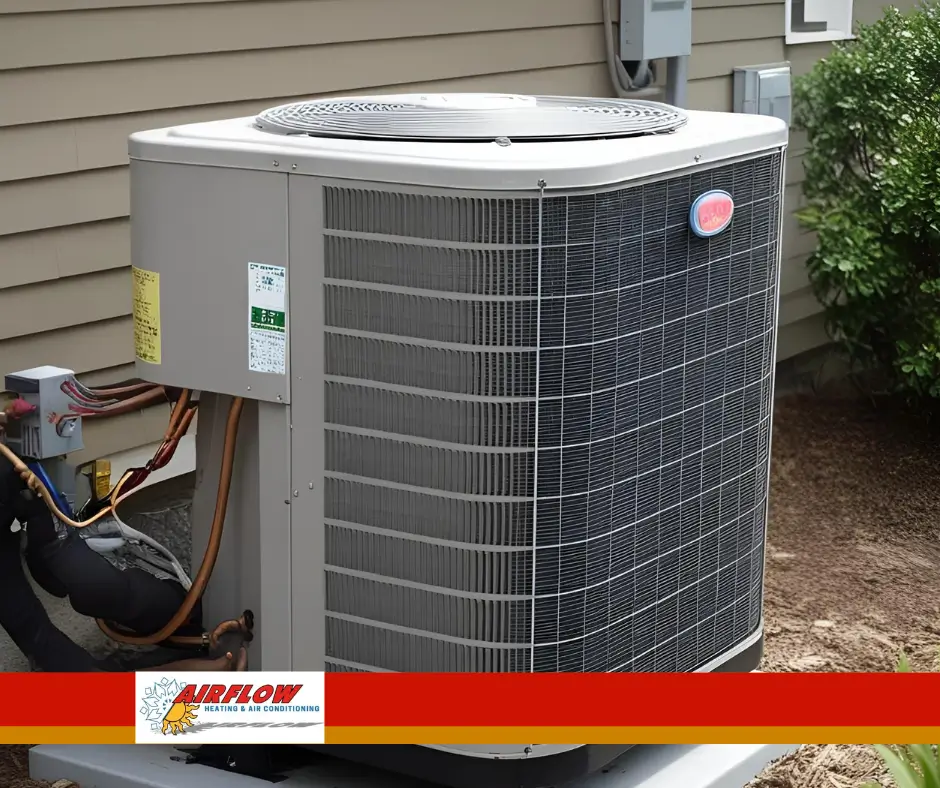As the seasons shift and temperatures drop, homeowners often forget about one key component of their comfort system—the air conditioner. While it’s tempting to “set it and forget it” until summer returns, air conditioning maintenance in winter is not just a good idea—it’s essential.
Properly winterizing your AC system ensures long-term efficiency, protects your investment, and saves you money down the road. Let’s explore why you shouldn’t ignore your AC just because it’s cold outside.
The Hidden Risks of Ignoring Winter Maintenance
Air conditioners are built to handle heat—but not necessarily the harsh conditions of winter. Snow, freezing rain, and even rodents can wreak havoc on your unit if it’s not properly protected.
- Moisture Intrusion: Ice can form inside the condenser coil or fan motor, leading to rust and breakdowns.
- Rodent Damage: Small animals love the warmth of your dormant system and often chew through wires and insulation.
- Debris Accumulation: Leaves, dirt, and snow can clog components and strain the unit when restarted.
By addressing these risks proactively, you’re extending your system’s lifespan and avoiding unnecessary HVAC repairs.
What Is Winterizing and Why Does It Matter?
Winterizing is a form of preventive air conditioning maintenance that prepares your outdoor unit for extreme cold. Just like you might prep your sprinkler system or insulate pipes, your AC also benefits from seasonal care.
Here’s why it’s worth doing:
- Preserves Performance: Keeping your system clean and protected ensures it runs efficiently when you need it most.
- Reduces Wear and Tear: Preventing exposure to the elements helps internal parts stay in good shape.
- Lowers Repair Costs: Minor prevention now saves you from expensive servicing later.
Key Steps to Winterize Your Air Conditioner
Fortunately, winterizing your AC isn’t complicated. A few simple actions can make a big difference:
1. Clean the Unit Thoroughly
Before winter sets in, rinse off dirt, leaves, and debris from the exterior. Let it dry completely before covering it.
2. Disconnect Power to the System
This prevents it from turning on accidentally during a warm spell, which could lead to internal freezing later.
3. Use a Breathable Protective Cover
Invest in a proper AC unit cover that blocks moisture and dirt but allows ventilation. Avoid using plastic tarps, which trap condensation.
4. Inspect for Cracks or Damage
Look for signs of wear in coils, wiring, and insulation. Addressing issues now can prevent springtime failures.
5. Schedule a Professional HVAC Checkup
Hire a technician to perform seasonal air conditioning maintenance services. This ensures everything is inspected, lubricated, and tuned up before it sits dormant for months.
Benefits You’ll Appreciate When Summer Returns
Come spring, your future self will thank you for taking winterizing seriously. Instead of worrying about unexpected repairs or poor cooling performance, you’ll enjoy:
- Faster Startup Time: A well-maintained unit kicks on effortlessly.
- Improved Energy Efficiency: Clean components don’t have to work as hard, saving on your energy bill.
- Longer Lifespan: Systems that receive routine air conditioning care can last 15–20 years or more.
Don’t Let Winter Be the Enemy of Your AC
Your AC system might be idle in the winter, but that doesn’t mean it’s invincible. Just like any major appliance, it needs year-round attention to stay reliable. Air conditioning maintenance isn’t just for hot weather—it’s a smart, long-term investment that protects your comfort and your wallet.
So before you fully shift into winter mode, take a few minutes to winterize your AC. Whether you’re doing it yourself or calling in a pro, your future summer self will be grateful you did.
READ MORE:





